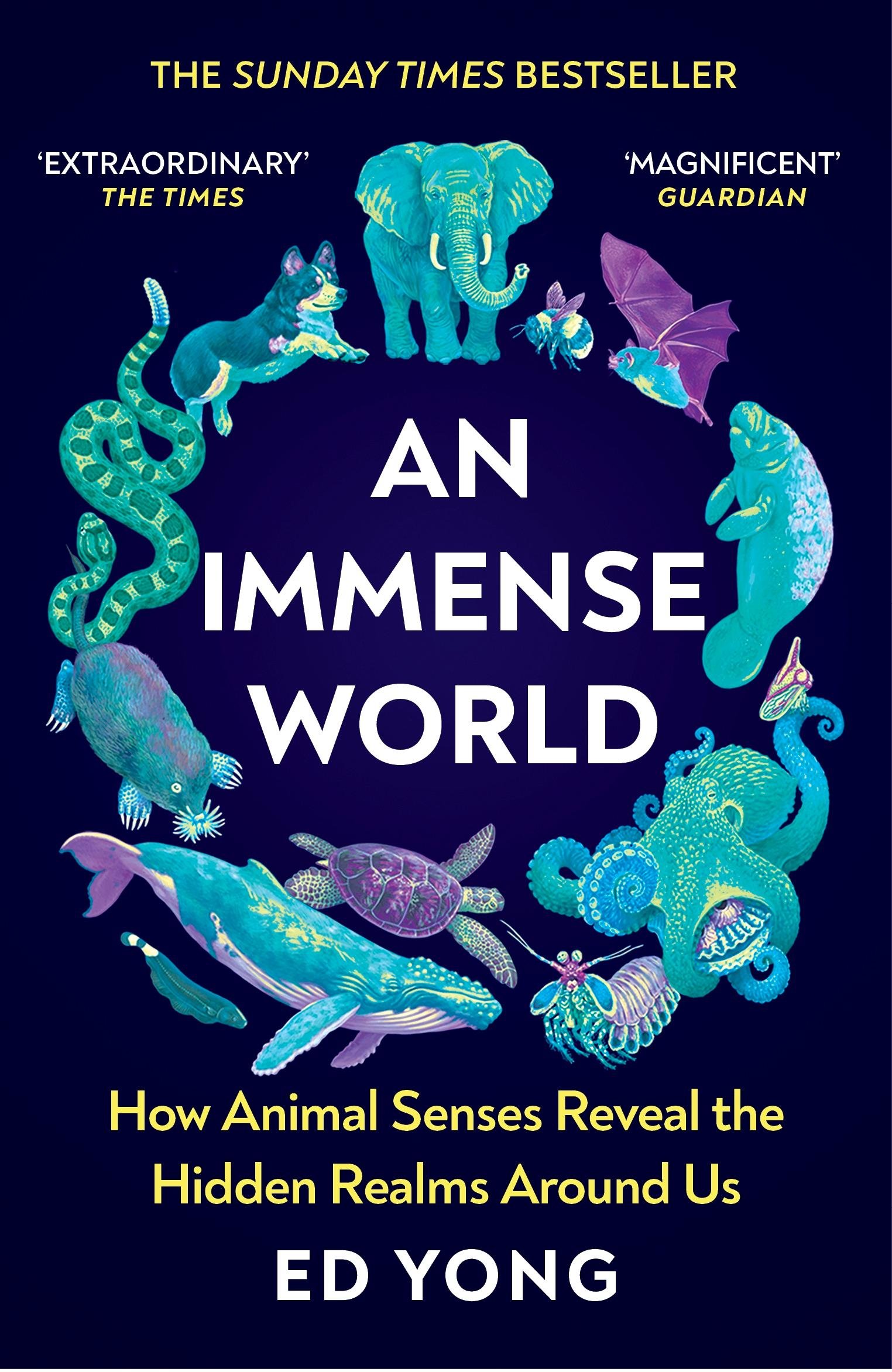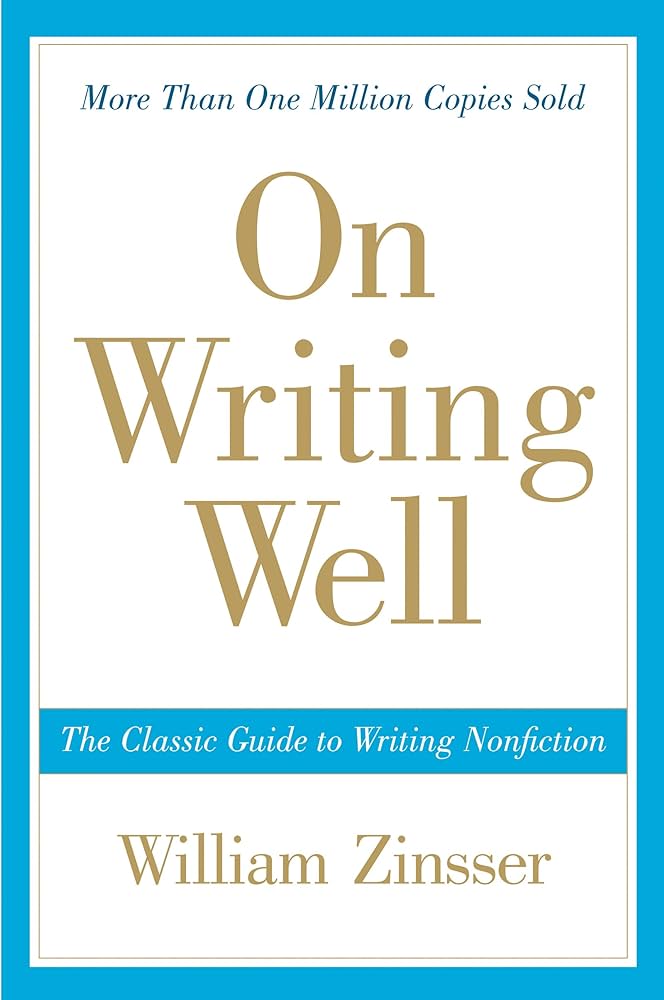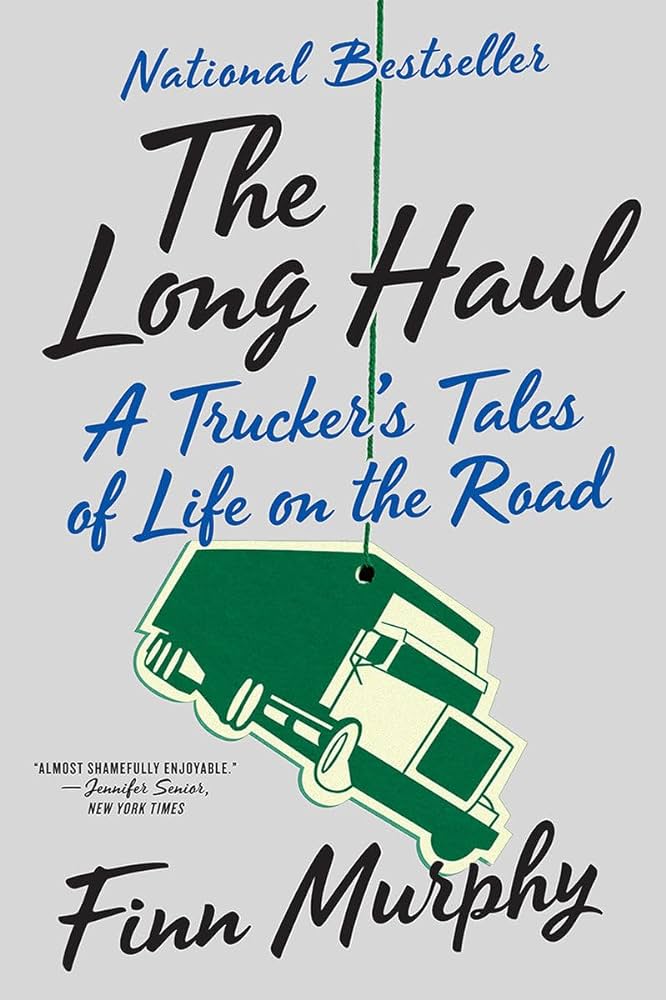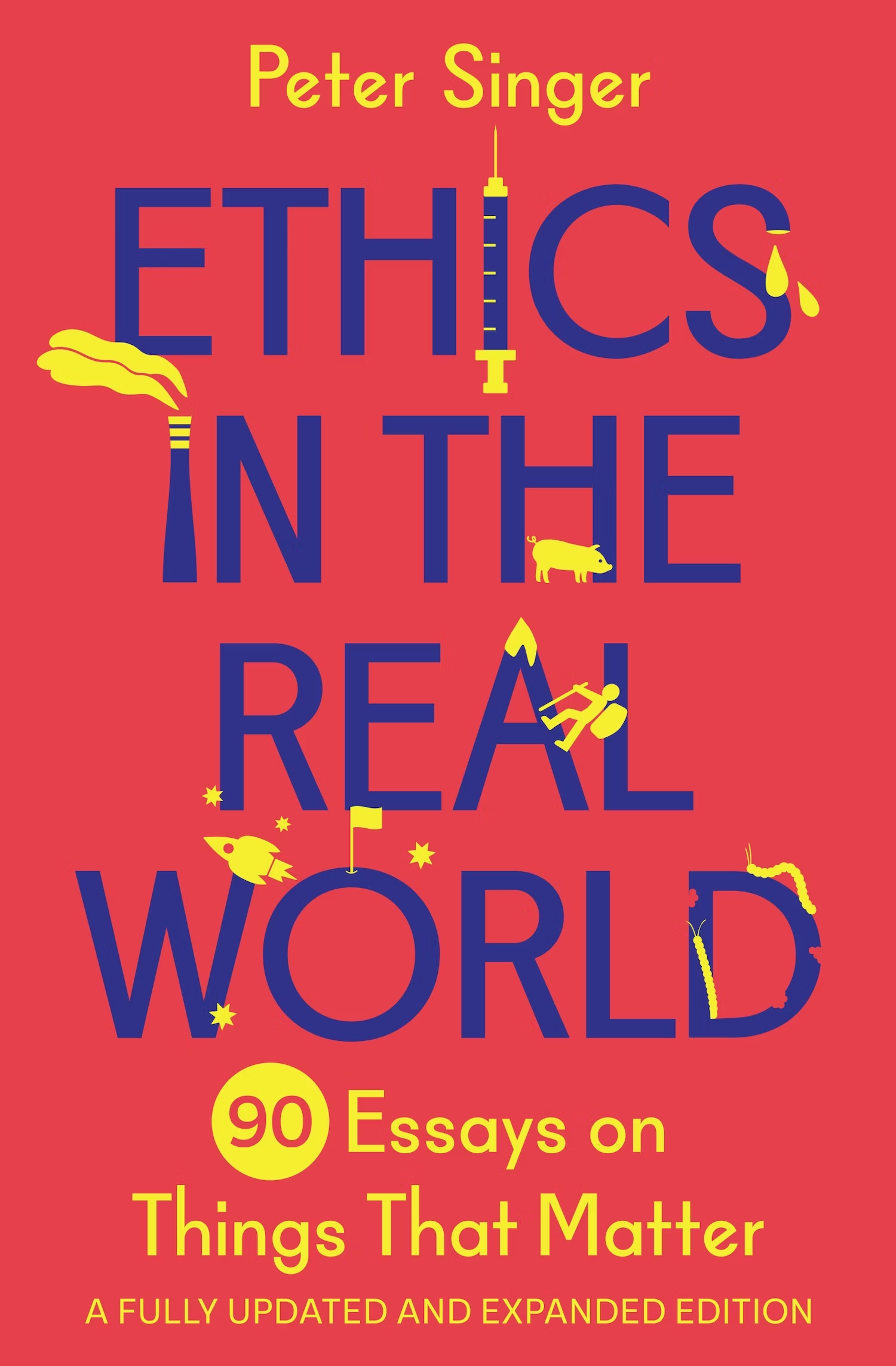I failed my 2023 reading goal
Introduction
I’ve long felt that I should make more time for reading.
Sometimes, you don’t feel reaching for a book. But once you immerse yourself into it, you often realize how much you enjoy it.
Last year, I decided to set a reading goal that would help me be more consistent. Even though I fell three books short (49 out of 52), I’m still happy with the result. I read more than usual, and it was worth it.
Here, I’d like to highlight the books that impressed me the most.
My top books
An Immense World: How Animal Senses Reveal the Hidden Realms Around Us by Ed Yong
Our perception is mostly visual. But there are plenty of other ways to sense our environment.
There are fish that can detect objects by their electric resistance. Some birds can sense magnetic fields. I used to think that echolocating animals can, at best, get a rough idea of the obstacles they need to avoid. And I was wrong. Even some blind people echolocate so precisely that they can ride a bike in traffic.
Yong’s book delivers on the promise of its title. It does introduce you to a whole new world.

On Writing Well by William Zinsser
If you wanted a more spicy title, you could call this book “A guide to no-bullshit writing”. Many non-fiction writers hold it in a Bible-like awe.
Simple writing is hard. Rather than an innate gift, it is a craft that you need to practice. Writers should do the work of conveying the message so readers can understand it easily. Writing that looks effortless often takes a ton of effort. You should never settle for your first draft.
As Einstein has (allegedly) said: “Everything should be made as simple as possible, but not simpler.” I love Zinsser’s advice, and I’m trying to follow it.

The Long Haul: A Trucker’s Tales of Life on the Road by Finn Murphy
You’d hardly think that trucker’s memoirs could be so interesting. You might expect a couple of funny anecdotes, but this book is much more.
Murphy spent decades moving rich people’s stuff across the US. He talks about hierarchy of different trucker professions. He describes relationships of truckers with trucking companies. And he also delves into how they interact with customers. A bedbugger, a trucker who moves people’s stuff, learns more about his clients in a few days than even their lifelong friends might know.
On top of that, the book is so damn readable.

Ethics in the Real World: 90 Essays on Things That Matter by Peter Singer
Logical consistency can lead to counter-intuitive moral conclusions. For example, if you accept a few simple assumptions, you should give almost all your money to charity. It is immoral not to do so.
Peter Singer is one of the most influential philosophers today. In this collection of essays, he writes about religion, abortion, war, charity, and several other topics.
I enjoyed Singer’s clear writing style and his intellectual honesty. Yet, I believe he doesn’t justify some of his premises well enough. As a utilitarian, he thinks that minimizing suffering is the ultimate goal. That is problematic because you can’t objectively measure suffering. In his defense, I realize that, in the short space of an essay, he can’t go into all the details.
I’ll need to read a bit more of his work to understand his position better.

Conclusion
I’m happy to recommend more books to anyone who shows even the slightest interest. People who know me can attest to that.
A book per week was a good goal. Let’s see how it works for 2024.